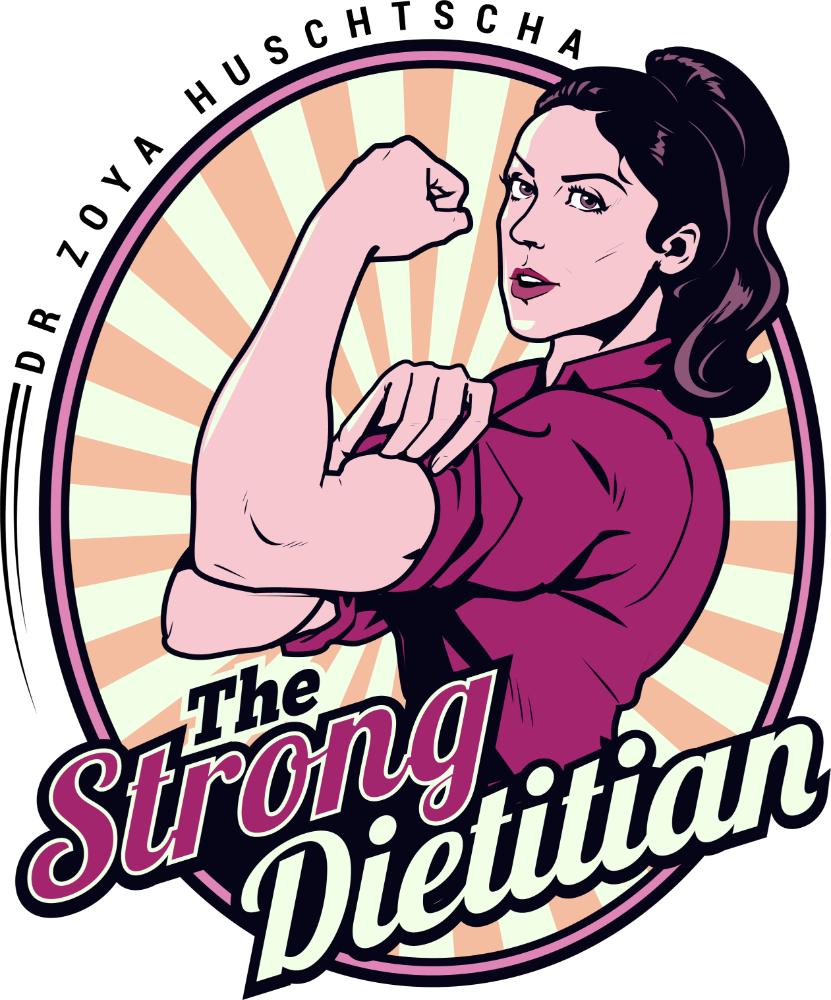The Ultimate Guide to Collagen: Benefits, Sources, and Science
Apr 04, 2025
Collagen is one of the most talked-about supplements in the health and wellness space—but what exactly is it, and do you really need it? Let’s dive into what collagen does, why it’s important, and how to make sure you’re getting enough for optimal health.
What Is Collagen?
Collagen is the most abundant protein in the human body, making up a large portion of your skin, joints, tendons, ligaments, and even your gut lining. Think of it as the scaffolding that holds your body together. As we age, collagen production naturally declines, leading to signs of aging like wrinkles, joint pain, and decreased skin elasticity.

Types of collagen in the body
There are at least 28 different types of collagen, but the most common and beneficial types include:
- Type I – The most abundant collagen, found in skin, tendons, bones, and ligaments. It helps with skin elasticity and strength
- Type II – Primarily found in cartilage, supporting joint health and cushioning
- Type III – Often found alongside Type I, contributing to skin, blood vessels, and internal organ structure
- Type IV – Found in the basement membrane, playing a crucial role in filtration and supporting various tissues
- Type V – Helps form cell surfaces, hair, and placenta tissue

Best natural sources of collagen
Collagen is found naturally in animal-based foods and can also be taken as a supplement. Here are some dietary ways to include collagen:
- Gelatin – Found in foods like homemade jelly or gummy snacks.
- Bone broth- Made by simmering animal bones & connective tissue, it contains gelatin—a form of cooked collagen. However, the amount of amino acids varies a lot*.
- Animal products- Collagen is found in animal products such as meat, fish and chicken. It is particularly high in the skin and bones.

Do collagen supplements work?
Collagen supplements have become increasingly popular for supporting skin health, joint function, and overall well-being. Unlike food sources of collagen, supplements provide a concentrated and consistent dose of collagen peptides, which are easily absorbed by the body.
The most researched collagen supplements include hydrolysed collagen from bovine (cow) and marine (fish) sources. Some studies also use gelatin as a supplement. Below is a breakdown of the types:
- Hydrolysed Collagen (Collagen Peptides) – This is the most common and easily absorbed form. The collagen has been broken down into smaller peptides, making it easy for the body to digest and use.
- Marine Collagen – Sourced from fish skin and scales, marine collagen is rich in Type I collagen, which is beneficial for skin, hair, and nails.
- Bovine Collagen – Derived from cows, bovine collagen provides both Type I and Type III collagen, which are important for skin, joints, and gut health.
- Multi-Collagen Blends – Some supplements contain a mix of different collagen types from various sources (bovine, marine, chicken) to provide a broader range of benefits.

The Science-Backed Benefits of Collagen
Collagen for Skin Health: Does It Really Work?
Collagen decline is linked to visible signs of aging such as wrinkles and reduced skin elasticity. Studies show that supplementing with hydrolysed collagen can:
-
Improve skin hydration and elasticity.
-
Reduce the appearance of fine lines.
-
Increase collagen concentration and density, making the skin firmer and more resilient.
A 2023 review of 26 studies found that consuming 1–10g of hydrolysed collagen daily for 8–12 weeks significantly improved skin health.
Collagen for Joint Pain and Athletic Performance
Collagen is essential for maintaining healthy joints and connective tissue. Research suggests that:
-
10g of collagen hydrolysate daily for 24 weeks may reduce joint pain in athletes.
-
20g of collagen for 7 days before and 2 days after exercise may aid in muscle recovery and jump performance.
Collagen for Faster Injury Recovery and Tendon Repair
Collagen peptides provide key amino acids for tissue repair, making them useful for injury recovery. Studies suggest that:
-
Athletes taking 15g of collagen daily for 12 weeks reported faster tendon and ligament recovery.
-
Gelatin combined with vitamin C before exercise enhances collagen synthesis, further supporting tissue repair.
Should You Take Collagen?
Collagen supplementation shows promise for skin health, joint pain, and injury recovery, but research has limitations, including small sample sizes, inconsistent dosages, and a lack of long-term studies.
While dietary collagen sources are beneficial, supplements offer a convenient option. However, their benefits may not be superior to other high-quality protein sources like whey or essential amino acids.
If you’re looking to support skin, joints, or recovery, collagen may be helpful—but it’s not a magic fix, and more research is needed to confirm its full effects.
Ready to take control of your health? Book a free discovery call today and let’s discuss how I can help you reach your wellness goals
Stay connected with news and updates!
Join our mailing list to receive the latest news and updates from our team.
Don't worry, your information will not be shared.
We hate SPAM. We will never sell your information, for any reason.



